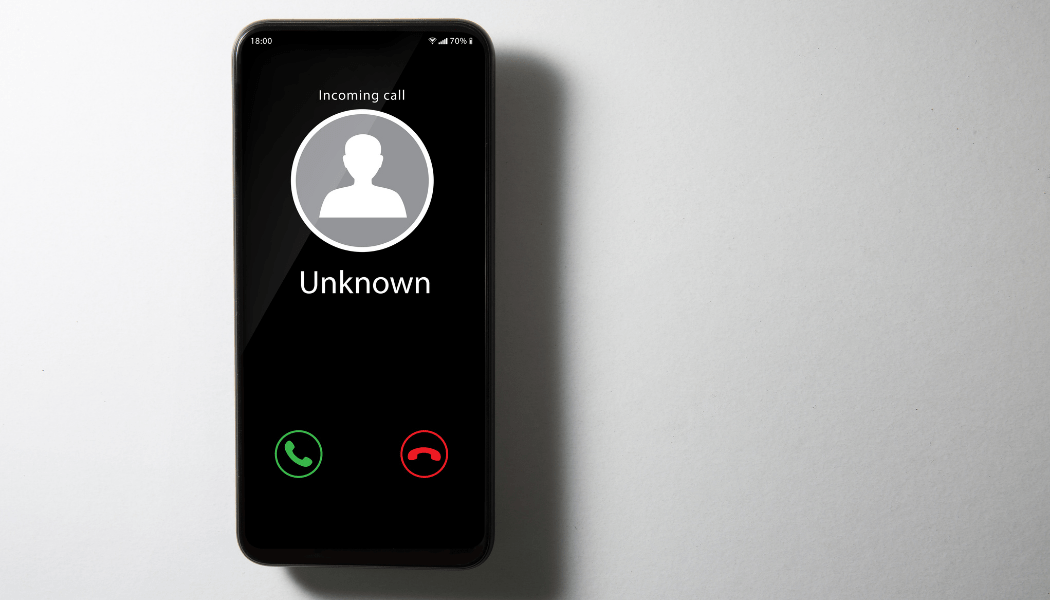In January of 2020 alone, Americans received roughly 4.7 million robocalls. That figure represents just one month out of the year, and continues to rise over time. Consumer advocacy groups like the National Consumer Law Center have been urging government leaders for years to address this unprecedented uptick, in hopes of protecting the public.
In 2019, 51 Attorneys General, led by North Carolina AG Josh Stein, released a renewed commitment to stopping robocallers. The government leaders worked with 12 large-scale communications vendors such as AT&T and Verizon to charter a set of eight “principles” for increased cooperation against illegal calls. The guidelines coordinate private and public efforts in the fight against automated calls, and took effect in late 2020.
A New Approach
Lawmakers have long been battling the telemarketing industry. Each new piece of legislation is met with a workaround and each workaround is another consumer headache. The Telephone Consumer Protection Act (TCPA) has been the pinnacle of anti-robocall legislation for nearly 30 years. TCPA guidelines place strict boundaries on telemarketing behavior, including calling hours, opt out provisions and caller conduct.
But callers with legitimate and illegitimate businesses manage to harass millions of Americans each year. Stein and other representatives came up with new guidelines that do not fall under the TCPA, but hope to supplement its efficacy in the process. The eight principles are a public commitment between government officials and private companies, who pledge to reduce robocalls.
The Eight Principles
Voice service providers committed to upholding the following principles in their business practice:
- Offer Free Call Blocking and Labeling. For smartphone mobile and VoIP residential customers, make available free, easy-to-use call blocking and labeling tools. Implement network-level call blocking for all customers at no charge.
- Implement STIR/SHAKEN call authentication. STIR/SHAKEN is a set of technical standards for authenticating caller IDs. The framework will enable service providers to not only attest to the validity of asserted caller IDs, but also sign outbound calls with a secure signature that cannot be faked.
- Analyze and Monitor Network Traffic. Analyze high-volume voice network traffic to identify and monitor patterns consistent with robocalls.
- Investigate Suspicious Calls and Calling Patterns. If a provider detects a suspicious pattern, seek to identify the party that is using its network to originate, route, or terminate these calls and take appropriate action.
- Confirm the Identity of Commercial Customers. Confirm the identity of new commercial VoIP customers by collecting relevant identity information.
- Require Traceback Cooperation in Contracts. Use best efforts to require cooperation in traceback investigations by identifying the provider or customer suspected of auto-dialing. Traceback is the industry term for identifying callers or the origin of the call.
- Cooperate in Traceback Investigations. Allow for timely and comprehensive law enforcement efforts against illegal robocallers. Further, to dedicate sufficient resources to provide prompt and complete responses to traceback requests.
- Communicate with State Attorneys General. Finally, to communicate and cooperate with state Attorneys General about recognized scams and trends in illegal robocalling.
Experts Cast Doubts
Nevertheless, law experts are dubious about the efficacy of the new program. The National Law Review warns, “the principles are broad and will likely result in non-standardized implementation”. The language in the agreement also has no real deadlines and does not put liability on cellular carriers when principles are violated.
In contrast, the TCPA has strict consequences for violators. Solicitors can face a $500 penalty for the first violation, $1,000 for the second, and $5,000 for the third.
Representation for TCPA
Maginnis Howard will continue to monitor these guidelines and others regarding the TCPA on behalf of North Carolina consumers. Our attorneys handle TCPA claims across the state of North Carolina. Additionally, we offer free consultations to all victims and handle consumer protection cases on a contingency basis.
To discuss your TCPA claim, contact our firm at 919-526-0450. You may also send any questions or inquiries you have about the Telephone Consumer Protection Act, or any other consumer protections laws, through our contact page.






